High pressure Die casting in Pennsylvania
High pressure Die casting for Pennsylvania
Welcome to our Die Casting Service, where precision meets efficiency, crafting quality components for your industry needs.
Custom Parts, On Demand Manufacturing
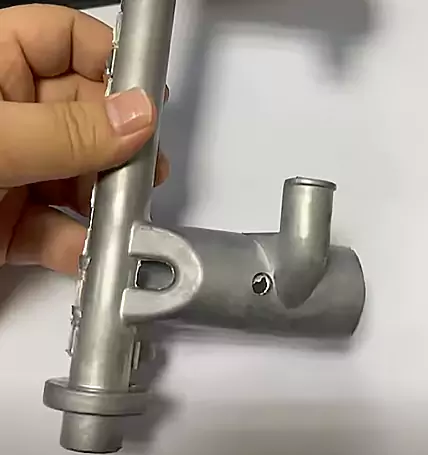
We Provide Satisfactory High pressure Die casting services in Pennsylvania
Provide you with high-quality and cost-effective cast parts.
Welcome to CapableMachining, your premier provider of die casting services. With years of experience and expertise in the industry, we offer top-quality die casting services to help you bring your projects to life. Our team of skilled professionals is dedicated to delivering exceptional results and exceeding your expectations. Trust CapableMachining for all your die casting needs and let us help you achieve success with precision and efficiency. Contact us today to learn more about our services and how we can assist you.
Type services
We offer versatile die-casting services tailored to your product specifications, utilizing both hot chamber and cold chamber systems. Hot chamber systems cater to alloys like zinc, tin, and lead with lower melting points, while cold chamber die-casting machines excel with high melting temperature alloys such as aluminum, brass, and magnesium. Ensuring top-tier manufacturing solutions for your diverse needs.
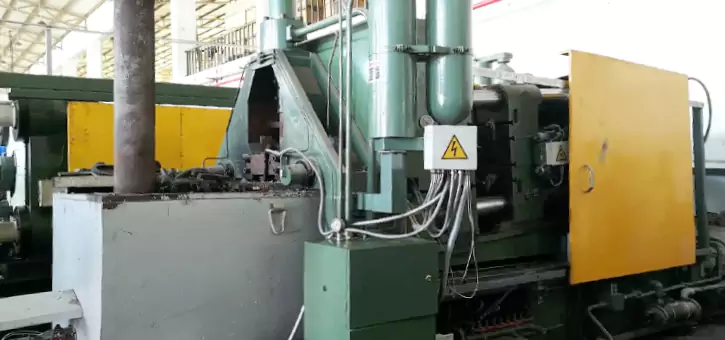
Hot chamber system
Hot chamber die-casting machines are used for alloys with lower melting points. The molten metal flows into the injection chamber through the inlet, and the hydraulically driven plunger forces the molten metal through the gooseneck channel and into the mold.
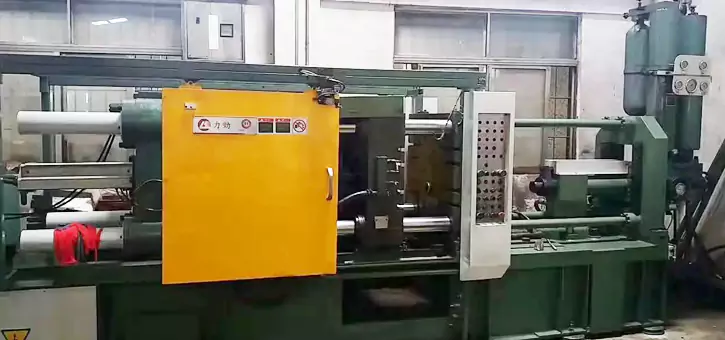
Cold chamber system
Cold chamber die-casting machines are used for alloys with high melting temperatures. The molten metal is still kept in an open insulated tank. These alloys cannot be cast in hot chamber die-casting machines because they will damage the pumping system.
Relative services
Capabilities
Equipment
Hot chamber system: clamp force up to 400 tons
Cold chamber system: clamp force up to 800 tons
Tolerances
Product: Heavily depending on the part type and the size of the part, typically +/- 0.1mm or +/-0.04 inch
Tooling tolerance: typically +/- 0.01mm or +/-0.004inch
Mold Life Cycle
Typically 30,000~50,000
Leading Time
Tooling: 35 days
Casting: 5~7 days
Material
Aluminum Alloy: ADC7,ADC10, ADC12,ADC14 A380, A360, A353
Zinc Alloy: ZA,ZA12, ZA27, AG-40, AG-41
Magnesium Alloy: AZ91D, AZ80M, AZ31B, AM60B, M2M
Thin wall
Typical: >1.5mm(depend on parts type and size)
Common Materials
Die casting materials are divided into the following three categories according to the properties of the metal materials used
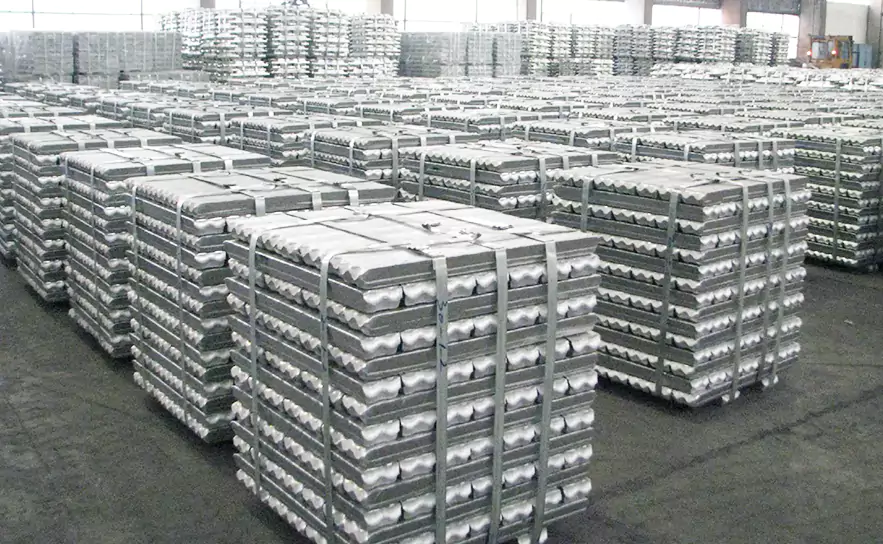
Aluminum alloys
Die-casting aluminum alloys have good performance and process performance, so the die-casting of aluminum alloys has developed rapidly and has been widely used in various industrial sectors.
Material properties:
- Strong and durable: Aluminum alloys are tough, hard, and resist corrosion. For instance, parts made from ADC12 are both sturdy and wear-resistant.
- Efficient heat transfer: Aluminum alloys boast exceptional thermal conductivity. This efficiently spreads and dissipates heat, enhancing parts’ ability to withstand high temperatures. This is particularly crucial in applications like car engines, electric fans, and LED lights, where efficient heat dissipation is essential.
- Easy to mold: Aluminum alloys are highly fluid, allowing them to effortlessly fill molds and solidify rapidly to create desired parts. This ease of molding enables efficient mass production of numerous identical or diverse parts within a short timeframe.
common types: ADC7,ADC10, ADC12,ADC14 A380, A360, A353
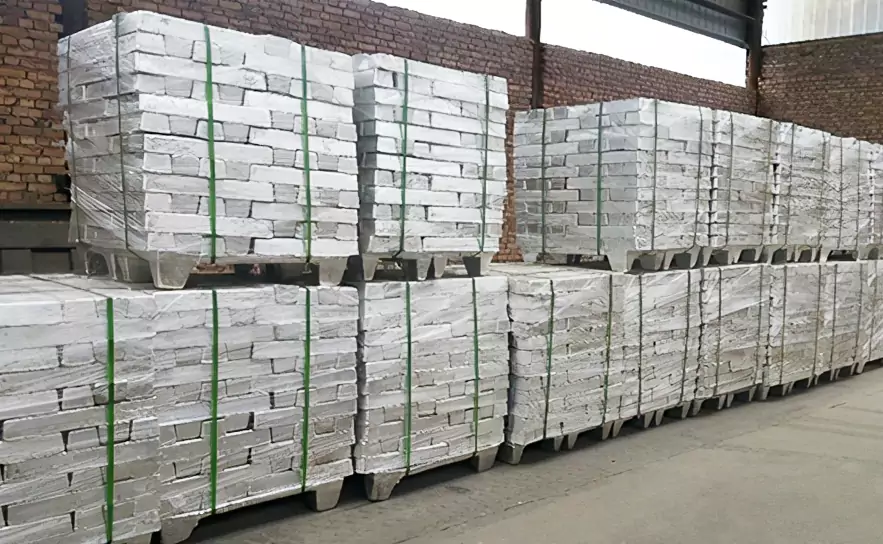
Magnesium alloys
Magnesium alloy is an alloy composed of magnesium and other elements. The main alloying elements are aluminum, zinc, manganese, cerium, thorium and a small amount of zirconium or cadmium.
Material properties:
- Light weight, high specific stiffness, high specific strength, strong thermal conductivity
- Good machining performance, good impact resistance and compression resistance
- Good die-casting performance, good dimensional accuracy and stability
- Good regeneration, can be completely recycled
- Low corrosion resistance, flammable and explosive
Mainly used in aerospace, military, automobile, motorcycle and 3C electronic products.
Type: AZ91D, AZ80M, AZ31B, AM60B, M2M
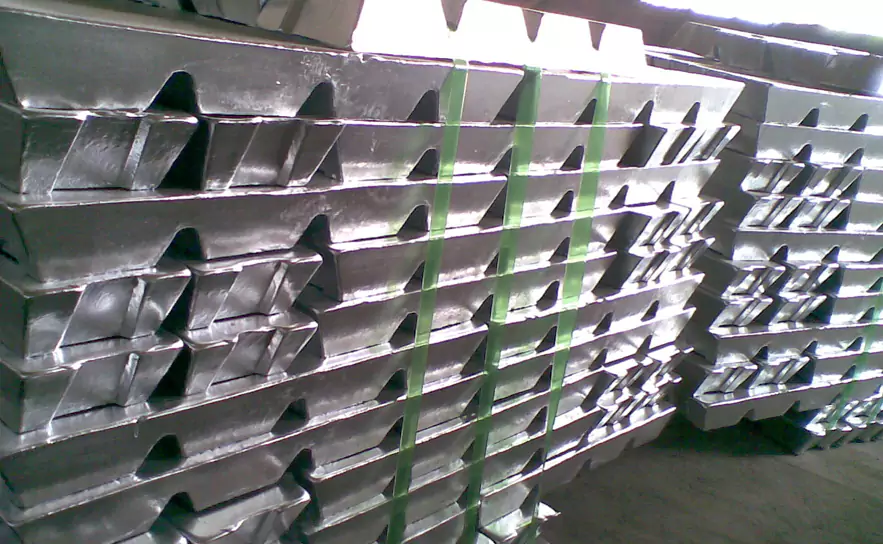
Zinc alloys
Zinc alloy is an alloy composed of zinc and other elements. Often added alloying elements are aluminum, copper, magnesium, cadmium, lead, titanium and other low-temperature zinc alloys.
Material properties:
- Large specific weight; good casting performance, can die-cast precision parts with complex shapes and thin walls, and the surface of the castings is smooth;
- Surface treatment can be carried out: electroplating, spraying, painting, electrophoresis, polishing, water transfer printing, etc.;
- It has good mechanical properties and wear resistance at room temperature;
- Poor corrosion resistance, not suitable for use in high temperature and low temperature (below 0°C) working environment
Mainly used in toys, lamps, decorations, auto parts, mechanical and electrical parts, electrical components and their casings.
Type: AZ91D, AZ80M, AZ31B, AM60B, M2M, etc.
Our Quality Control
Our company boasts a customary quality assurance framework and a team of knowledgeable technical engineers who diligently oversee every aspect of our product manufacturing process – from obtaining top-notch unprocessed materials to delivering impeccable finished goods that encompass metals and plastics. To maintain our commitment to superiority, we extensively utilize advanced testing technology and cutting-edge equipment to meticulously evaluate crucial parameters such as workpiece dimensions, hardness, tensile strength, and elongation at every stage of production. We endeavor for maintain utmost control over these data points to meet and surpass the expectations of our esteemed clientele consistently.

Professional quality control Engineer

Tolerances up to ±0.0004″ (0.01mm)

State-of-the-art Inspection Facilities

Proven and reliable quality control system.
Gallery of Parts
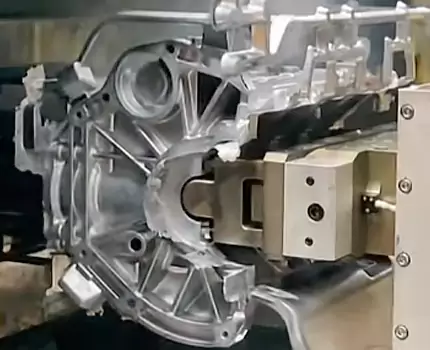
Auto Parts
Material: AL
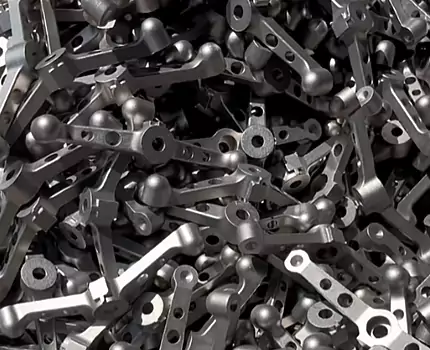
Equipment part
Material: AL
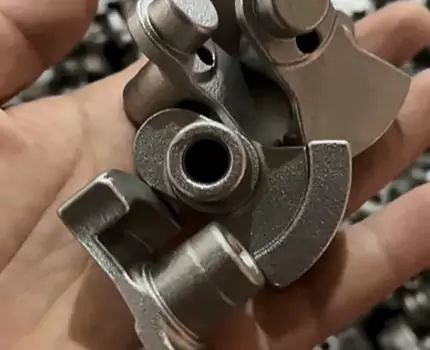
Comsumer part
Material: AL
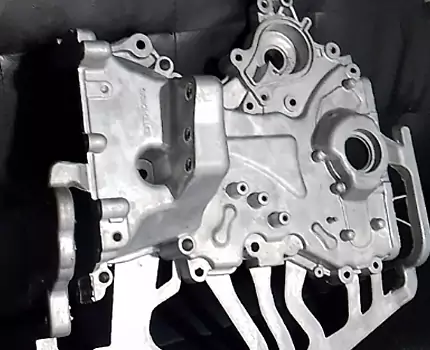
New energy auto
Material: AL
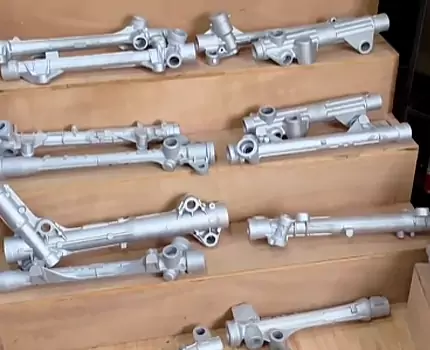
Industry parts
Material: AL
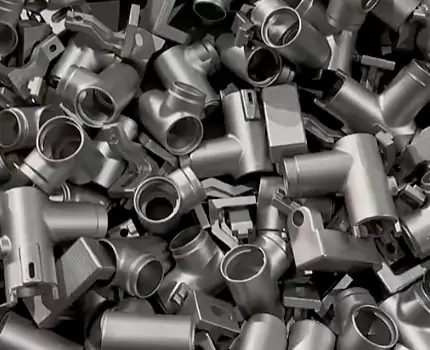
Agriculture machine parts
Material: AL
Other capabilities
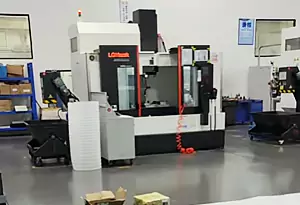
- Free & Automatic DFM feedback
- Tolerances: typically +/- 0.15mm or +/-0.006 inch
- Tooling: 30 days
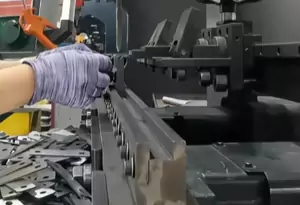
- Free advices from high trained engineers.
- Quotation in a few hours.leading time 3 days
- Fast delivery time
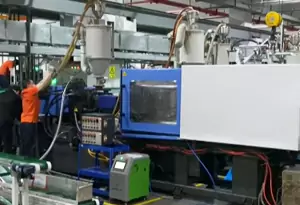
- Tolerances: typically +/- 0.15mm or +/-0.006 inch
- Free consultant ,Free DFM feedback
- Typically Tooling: 30 days
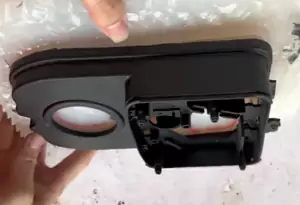
- Wide range of material choices
- Free consultant from engineers
- Fastest leading time: 1 day
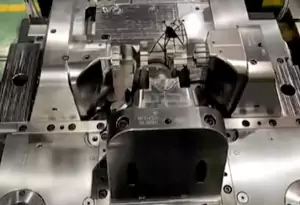
- Free & Automatic DFM feedback
- Tolerances up to ±0.00078″ (0.02mm)
- Rapid tooling: 7~12 days
How do find our location?
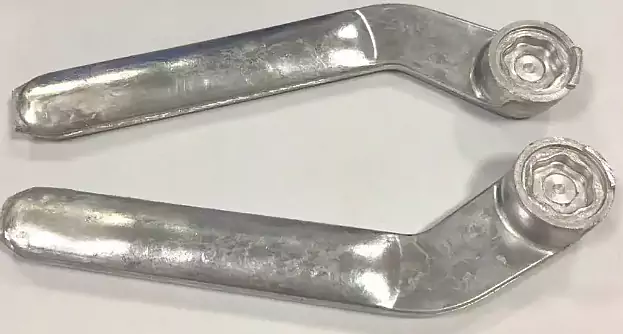
High pressure Die casting in Pennsylvania
Other Location Near me
FAQ
High Pressure Die Casting in Pennsylvania: 10 Common Q&A
High pressure die casting is a widely used manufacturing process in Pennsylvania. If you’re new to this industry, you may have some questions about how it works and what benefits it offers. Here are 10 common Q&A pairs to help you understand more about high pressure die casting:
Q: What is high pressure die casting?
A: High pressure die casting is a manufacturing process in which molten metal is injected into a die cavity at high pressure to create complex metal parts.
Q: What materials can be used in high pressure die casting?
A: Aluminum, zinc, and magnesium are commonly used materials in high pressure die casting due to their excellent castability and strength.
Q: What are the advantages of high pressure die casting?
A: High pressure die casting offers fast production cycles, high accuracy, and the ability to create complex shapes with thin walls.
Q: Is high pressure die casting suitable for mass production?
A: Yes, high pressure die casting is well-suited for mass production due to its high productivity and repeatability.
Q: What industries use high pressure die casting in Pennsylvania?
A: Industries such as automotive, aerospace, and electronics utilize high pressure die casting for producing a wide range of components and parts.
Q: How is quality control maintained in high pressure die casting?
A: Quality control measures in high pressure die casting include process monitoring, inspection, and testing to ensure the final products meet specifications.
Q: What is the difference between high pressure die casting and other casting methods?
A: High pressure die casting involves injecting molten metal into a die cavity at high pressure, while other casting methods may use different techniques such as gravity or low pressure casting.
Q: Can high pressure die casting be used for prototyping?
A: Yes, high pressure die casting can be used for prototyping to quickly produce functional prototypes for testing and evaluation.
Q: How can I find a reliable high pressure die casting manufacturer in Pennsylvania?
A: Researching online, attending trade shows, and asking for recommendations are good ways to find a reputable high pressure die casting manufacturer in Pennsylvania.
Q: What trends are shaping the high pressure die casting industry in Pennsylvania?
A: Trends such as automation, digitalization, and sustainability are driving the growth and innovation in the high pressure die casting industry in Pennsylvania.
Conclusion
High pressure die casting is a key manufacturing process in Pennsylvania, offering fast production cycles, high accuracy, and the ability to create complex metal parts. Understanding the basics of high pressure die casting can help you make informed decisions when it comes to selecting a manufacturer or designing your products. By familiarizing yourself with these common Q&A pairs, you can gain valuable insights into the world of high pressure die casting in Pennsylvania. Stay informed about industry trends and advancements to stay ahead in this dynamic field.